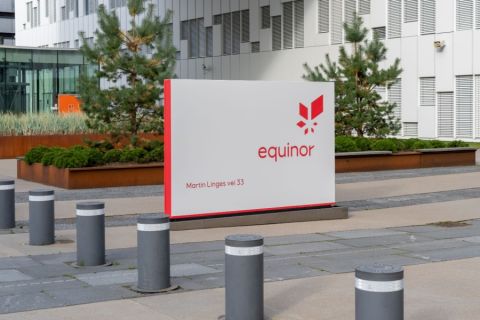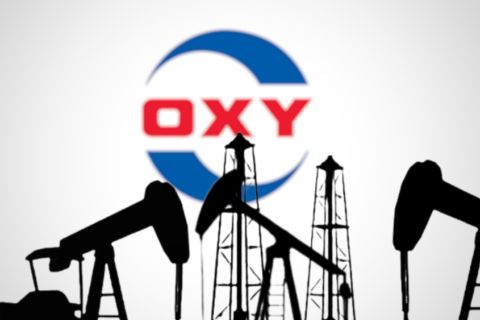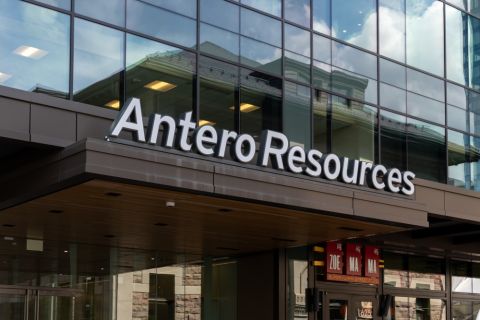As companies move toward remote collaboration, optimization, and operations, they find out the road to their objectives – improved decision-making, safety, productivity, and efficiency – is far from smooth.
This emerging operating philosophy was the subject of a number of presentations and discussions at the Honeywell Users Group meeting in Phoenix the week of June 13, 2011. Honeywell is making an investment in this business area, helping companies to achieve what a number of presenters referred to as “business transformation.”
Sujatha Kumar of Honeywell, who moderated a panel discussion on the subject of remote operations on June 15, opened the discussion with an assessment of the challenge facing the many companies in varied industries that are working to create remote operations centers.
“This surely is not an easy journey,” Kumar said. “It is a long journey, but it brings tremendous value.”
Steve Beamer, vice president, Asset Management at Peabody Energy, said his company has two primary reasons for developing remote operations centers. One is locality. “We’re moving into more and more remote locations,” he said. The other is a lack of human resources. “We’ve had open holes in the business for years,” he explained.
Tom Moroney, manager, Technology Deployment Upstream Americas Deepwater for Shell, said his company’s goal was to continuously monitor offshore operations to improve production. “On the production side, we saw a tremendous opportunity to optimize our frontline assets,” he said.
The challenge for Shell – which surfaced as a cross-industry challenge – was change management. “It is a day-to-day struggle,” Moroney said.
Mark Zyskowski, executive vice president of Global Sales at Honeywell, agreed with Moroney. “Technology is not the issue anymore. Change management is the issue.” According to Zyskowski, “Honeywell is helping individual companies transform themselves.”
The most interesting thing about this cross-industry discussion of remote operations was that regardless of the business sector, the obstacles appear to be the same. There was value in the discussion because companies in different industries have experienced the same issues and faced the same problems.
Mike Rikkola, program manager, Remote Health Monitoring for P&H, a mining company, said the evolution P&H is undergoing is critical and is fully supported by his company, but it has not progressed without effort. “All of us have scars on our backs,” he said, noting that the way forward will require significant adjustment and more work.
Moroney agreed. “We’ve gotten through the whitewater period,” he said. “We’ve pulled everyone back into the raft, and we’re going down the river. We’re not turning back.”
Recommended Reading
Equinor Releases Overview of Share Buyback Program
2024-04-17 - Equinor said the maximum shares to be repurchased is 16.8 million, of which up to 7.4 million shares can be acquired until May 15 and up to 9.4 million shares until Jan. 15, 2025 — the program’s end date.
Buffett: ‘No Interest’ in Occidental Takeover, Praises 'Hallelujah!' Shale
2024-02-27 - Berkshire Hathaway’s Warren Buffett added that the U.S. electric power situation is “ominous.”
Range Resources Holds Production Steady in 1Q 2024
2024-04-24 - NGLs are providing a boost for Range Resources as the company waits for natural gas demand to rebound.
Exxon Mobil, Chevron See Profits Fall in 1Q Earnings
2024-04-26 - Chevron and Exxon Mobil are feeling the pinch of weak energy prices, particularly natural gas, and fuels margins that have cooled in the last year.
Keeping it Simple: Antero Stays on Profitable Course in 1Q
2024-04-26 - Bucking trend, Antero Resources posted a slight increase in natural gas production as other companies curtailed production.




